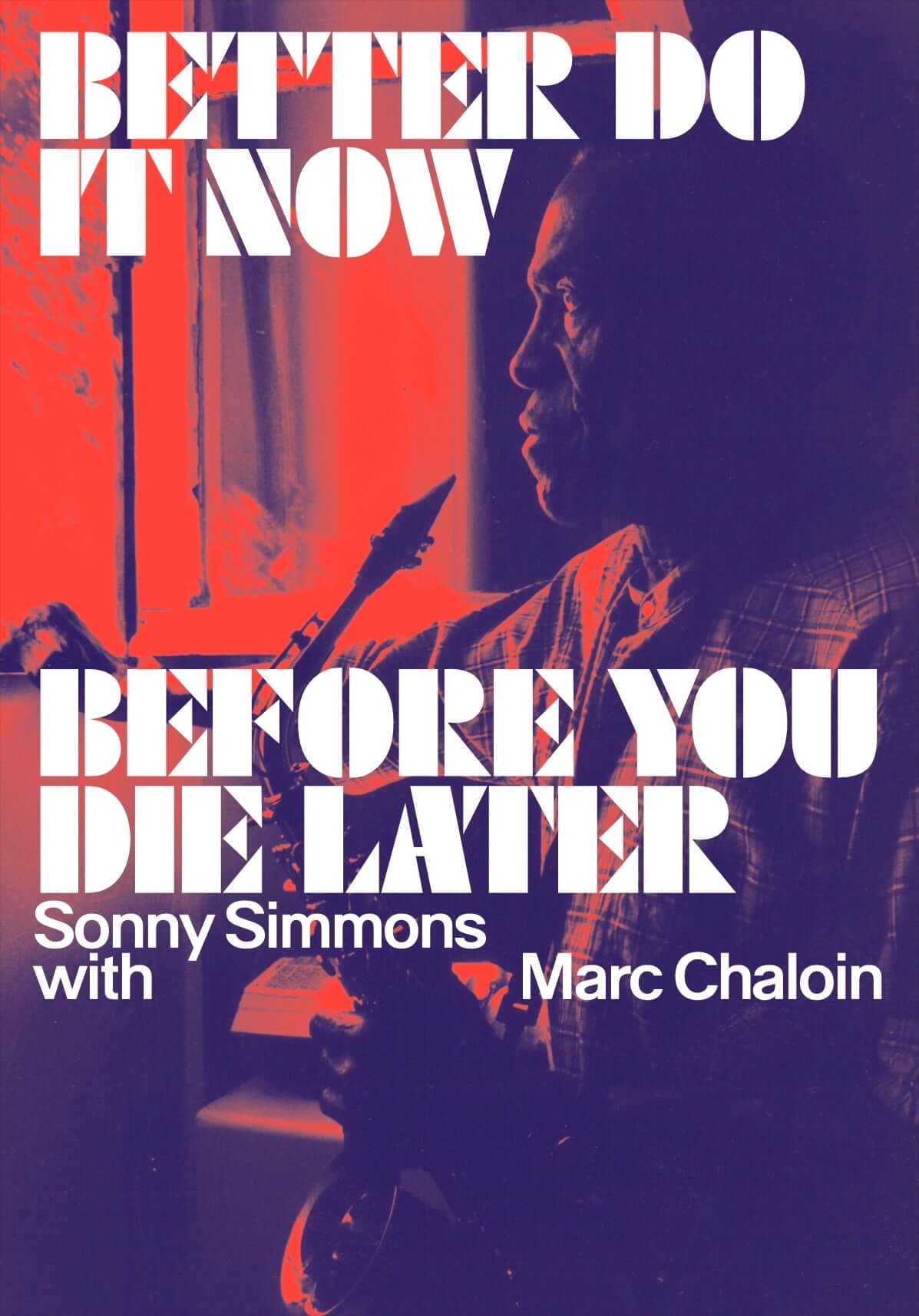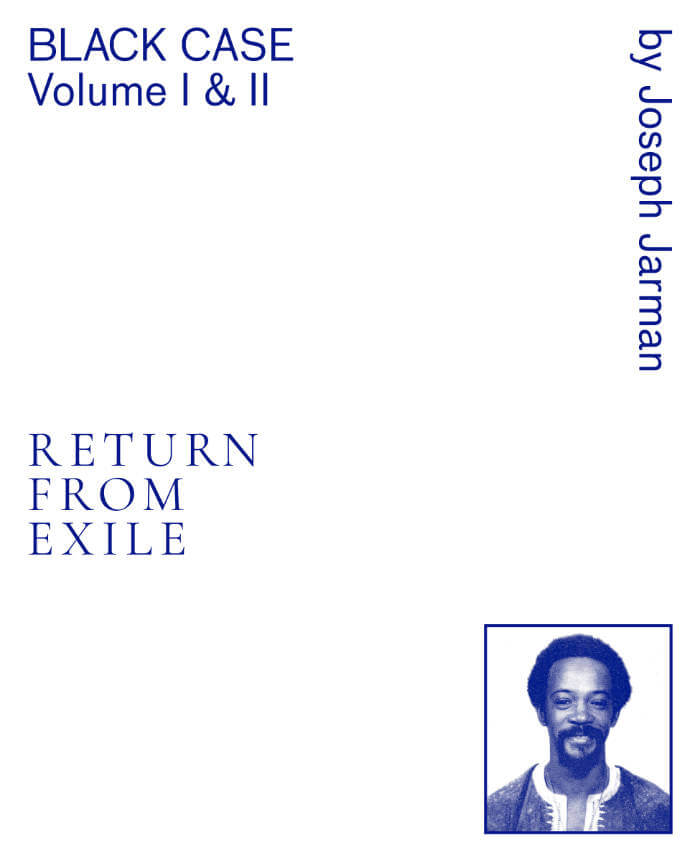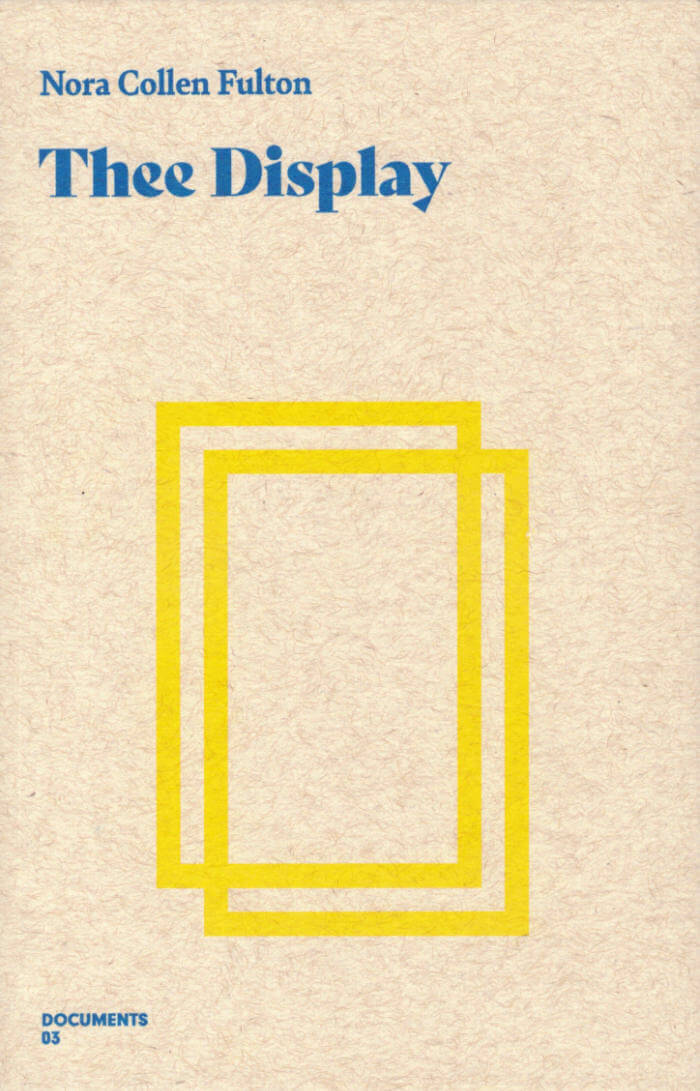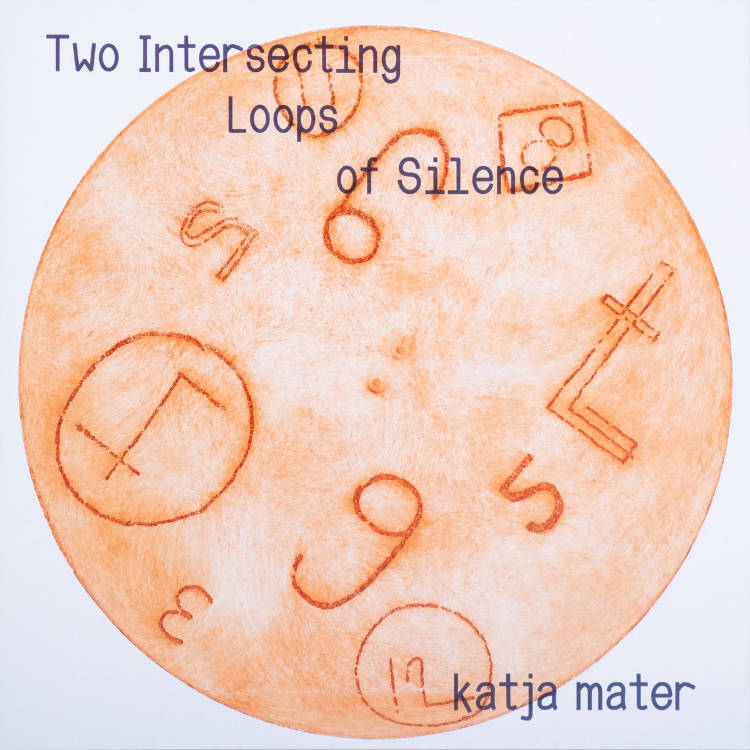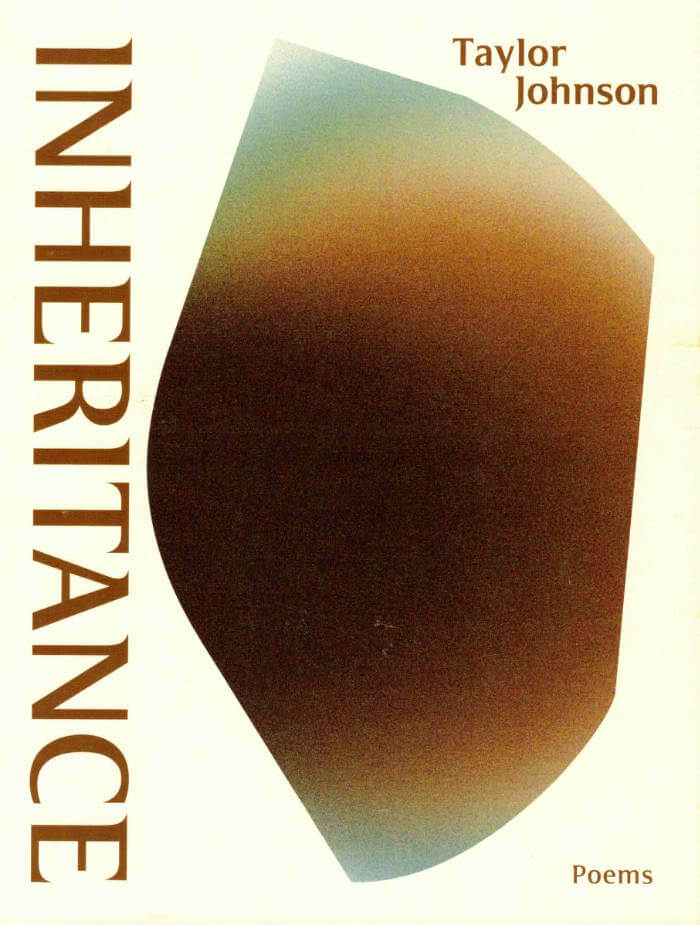
Poësy Matters and Other Matters (2 vol.)
The first comprehensive publication of the Swedish polymath Catherine Christer Hennix's written work in a two-volume set.
Volume one, Poësy Matters, is divided into two sections: poetry and drama, with each section also containing pieces of commentary by Hennix or her longtime collaborator Henry Flynt. Volume two, Other Matters, is divided into two sections: first, program notes and essays about a wide range of topics (including music, psychoanalysis, and mathematics), and second, a reproduction of Hennix's 1989 work The Yellow Book. The first comprehensive publication of Hennix's written work, Poësy Matters and Other Matters illustrates the singular depth and variety of her contributions to contemporary music, art, literature, and mathematics.
The texts in Poësy Matters and Other Matters reflect Hennix's diverse training as well as her long-standing personal interests in Lacanian psychoanalysis and Japanese and Middle Eastern poetic forms, resulting in a rich, diffuse collection of writings that reveal one of the avant-garde's most implacable, not to mention overlooked, creative minds.
Best known as a composer, Catherine Christer Hennix (1948, Stockholm – 2023, Istanbul) has, throughout her fifty-plus-year career, produced innovative work in the fields of not just minimal and computer music, but psychoanalytic theory, intuitionist mathematics, poetry, and prose as well.
Edited and introduced by Lawrence Kumpf.
English edition
17 x 24 cm (2 individual books, packaged together)
311 + 448 pages (ill.)
